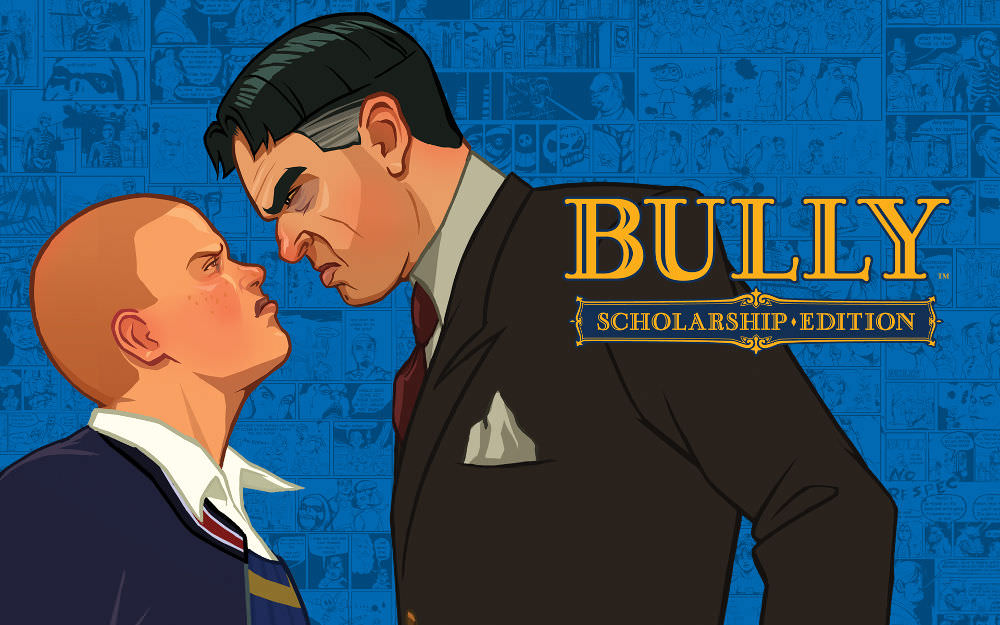Banned Video Games in Brazil


Brazil
Under the Ministry of Justice ordinance no. 899 of 2001 Brazil established the requirement for age ratings for video games. Alongside this system, Brazil’s protections for freedom of expression under the Federal Constitution of 1988 would suggest that video games cannot be banned. However, there are numerous instances of Brazil banning video games before and following MJ 899/2001. In some of these cases, the demand for restrictions has appealed to the Statute of the Child and Adolescent of 1990. The video game bans have been achieved through various civil actions in the courts, while a number of bills to restrict the sale of games have been drafted but never passed.
The first major video game ban in Brazil was made by the Department of Consumer Protection under the Code of Consumer Protection (Law 8078 of 1990). The Coordinator General of this administrative process (no. 08012.00039-4 / 98-74) distinguished this action from censorship, characterising it instead as “an administrative act in the public interest, in defence of the community under the [Code of Consumer Protection]” (Leahy 2010, 24-25). Justice Claudis Maria Neves published a judgement prohibiting the promotion and sale of the games Doom, Postal, Mortal Kombat, Requiem, Blood, and Duke Nukem. The Public Civil Action no. 1999.38.00.037967-8 was heard in the 3rd Federal Court of the Judiciary Section of Minas Gerais and Justice Neves concluded that not only would those games be banned, but that the Ministry of Justice be compelled to develop age-rating categories and criteria for electronic games (Leahy 2010, 27). Violent games with sadistic elements were deemed to violate the well-being and development of children and adolescents, with Justice Neves stating in her judgement that “If children and adolescents spend hours of their day in front of violent games, in a virtual world, where the one who kills the most wins, it is necessary to recognize, or at least presume, that such video games directly affect their psychological structure, distorting socially exalted values” (in de Souza 2014, 17-18). Particular consideration was given to Duke Nukem and gameplay in which the protagonist commits murders within a cinema. Justice Neves related this section of the game to the actual events involving Mateus da Costa Meira, who on 11 March 1999 killed a number of people in the Morumbi shopping mall movie theatre in Sao Paulo. The decision was later upheld in the Federal Court of the First Region.
Public Civil Action no. 2002-38.00.046529-6 resulted in another judgement handed down by Justice Carlos Alberto Simões de Tomaz of the 17th Federal Court of the Judiciary Section of Minas Gerais on 8 August 2007. This action concerned the games Counter-Strike (1999) and Everquest (1999), despite the fact that Everquest had not been officially available for sale in Brazil. Justice Simões de Tomaz took a similar view on protecting minors, while also noting that Counter-Strike contained game-play in which State Police of Rio de Janiero battle against drug gangs in a Rio favela and expressing concern that such game play teaches guerrilla warfare tactics and impairs public safety. Another Public Civil Action no. 2006.38.00.014197-6 was heard by the 19th Federal Court of the Judiciary Section of Minas Gerais, this time by Justice Joao Cesar de Matos Otoni. On 27 May 2010 Justice Otoni published his judgement banning the game The Crims in relation to its criminal violence, and again cited the 1999 shopping mall murders in Sao Paulo.
Finally, the Class Action no. 10800832357 was heard in the 16th Civil Court of the Central Forum of Porto Alegre by Justice Flavio Rabello Mendes. This class action sought to ban the game Bully (2006, Rockstar Games). The open world, mission-based game follows a student, Jimmy Hopkins, as he negotiates adolescent social worlds, in particular at his new private school Bullworth academy. Publicity material prior to the game’s initial release inferred that the player would play a bully character, however the protagonist in the game itself is more of an anti-hero, attempting to win over various school cliques, including by standing up against bullies. Bully was rated T (Teen) by the ESRB, 15 by the BBFC, and M (Mature) by the ACB. In Brazil, Justice Mendes found in favour of the action, banning Bully on the grounds that it undermined society’s capacity to educate children in the right direction. In 2012, Brazil’s rating authority COCIND passed Bully: Scholarship Edition (2008, Rockstar Games), a remastered version of the 2006 game, including the addition of a competitive two-player mode. The game was given a “Not recommended for ages under 14” rating. – Liam Grealy
Further reading:
– de Souza, R.N. (2014). Electronic games: The role of law in the new technological scene. Undergraduate thesis: Federal University of Juiz de Fora. (Portuguese)
– Leahy, V.C.C. (2010). Freedom of expression and the prohibition of games. Undergraduate thesis: Pontifical Catholic University of Rio de Janiero. (Portuguese)